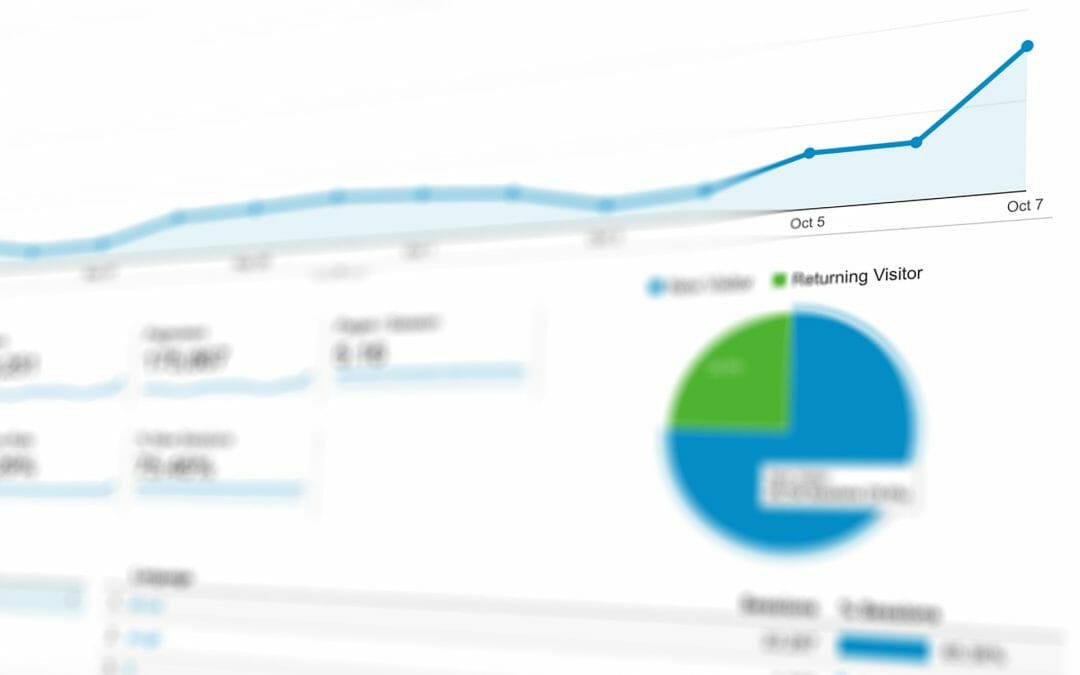Introduction
One of the basic web fundamental is selecting a good domain name. This usually takes nothing more than a little common sense and thought, however this is often overlooked. Many companies overly complicate their domain name and thus run the risk of losing visitors to their web site. In general selecting a good domain name doesn’t mean shelling out bags of cash to purchase an existing name, but rather involves giving a little thought to what you want your domain name to do for you.
Background
Domain names are used on the Internet as unique identifiers to direct people to specific web sites. A domain name is something like bobstvrepairs.com or in the case of this site techs.co.nz. They are advertised with and without the www’s. We make sure both work, so www.techs.co.nz is the same as techs.co.nz. A domain name has to be registered with the domain registrar for the relevant country. For example domains ending in ‘.com’ have to be registered with a U.S. registrar and domains ending in ‘.co.nz’ with the New Zealand registrar. Once a domain has been registered you own that domain and until you either relinquish the domain or cease to pay yearly registration fees for it you will always own it.
In some cases you may see ‘http://’ added to the front of a domain name, for example https://www.techs.co.nz. This makes the domain a URL. URL is an acronym for Universal Resource Locator. This is often used interchangeably with domain name, Internet address, or web address. In terms of marketing your domain name this isn’t usually needed; most people figure it’s an Internet thing when they spot the www’s on the domain. Internet browsers will work fine with or without the http:// prefix.
Domain name allocation operates on a first in first served basis. So if you want bobstvrepairs.com and someone already has it that’s just tough. Naturally you have the capitalist right of trying to persuade the current owner to sell it to you, but be warned – they usually will want large amounts of cash.
Types of Domains
Domain names have several different levels – these are the bits in between the dots. To start with, the top-level domain is the .com or .nz bit. The U.S. doesn’t bother with a country code (because after all they invented the internet, right?), however all other countries have a two letter country code identifier. For example New Zealand uses .nz, the United Kingdom uses .uk, Australia uses .au.
After the country code there is the second level of domain, in New Zealand this is commonly the .co bit. The .co means company, but is often used for any type of domain. Other second level domains in
New Zealand are:
- .ac Tertiary educational institutions and related organisations
- .co Organisations pursuing commercial aims and purposes
- .cri Crown Research Institutes
- .gen Individuals and other organisations not covered elsewhere
- .govt National, regional and local government organisations
- .iwi A traditional Maori tribe, mandated by the local Iwi Authority
- .mil Military organisations of the NZ Government
- .net Organisations and service providers directly related to the NZ Internet
- .org Not-for-profit organisations
- .school Primary, secondary and pre-schools and related organisations
- .kiwi for some reason
- .geek because we know they are special
The U.S. top-level domains are:
- .com Commercial organisations .org Non-profit organisations
- .mil Military organisations
- .net Networking organisations
- .edu 4-year educational organisations
- .biz for businesses and corporations
- .info for information-based services such as newspapers, libraries, etc.
- .name individuals’ and personal websites
- .pro for professions such as law, medicine, accounting, etc.
- .aero services and companies dealing with air travel
- .museum for museums, archival institutions, and exhibitions
In most cases the company or business extension is usually the most appropriate domain type to use, which results in a suffix of .com, .co.nz, .com.au and so on.
For the most part domain names can be registered in any country, and usually with a range of choices for the second level domain. So what’s best? Usually a .com domain name indicates a larger company than people might expect, however if your choice of name is available in both .com and (for instance) .co.nz then is usually prudent to purchase both. This at least prevents a competitor purchasing the other and directing visitors to their site.
As the choice of domains diminishes you are forced to consider the less attractive domains – such as .org or .org.nz. While these don’t operate any differently to the other domains they simply don’t look as good. Having said that however, they do have specific uses also, so it depends on your objectives.
What makes a good domain name?
Well, surprising as it may be, a good domain name is simply one that people can remember. If they can remember it they can visit your site, and usually visiting your site is a good thing. However, there are a few other points to this domain name stuff than just remembering the name. In order for a domain name to be easily recalled it needs to be simple, and usually short. Long names can be remembered, it is just there are more characters for the user to spell incorrectly or put in the wrong place.
Apply the ‘radio’ test to any prospective domain names. The radio test is: Can the name be easily conveyed to a listener on the radio? A listener to the radio should be able to hear your domain and then at a later stage go to their web browser and type in your domain and find your site without any problem. Numbers, hyphens and words that have multiple spellings can create confusion.
As an example, the domain name www.regent3-cinemas.co.nz has a number of problems. It has an unnecessary hyphen. The word ‘cinemas’ isn’t the best choice as cinemas often get referred to as picture theatres. The domain is unnecessarily lengthy. Having the number 3 in the name could cause confusion as well. A much better domain name would be www.mastertonregent.co.nz or www.regentmovies.co.nz, which are available at the time of writing.
Hyphens should be avoided unless you are registering both domain names (e.g. pc-parts.co.nz & pcparts.co.nz). The one good thing about hyphens is they increase the readability of a domain name, however they fail the radio test. It is often worth registering both the hyphenated and non-hyphenated names. This means users will find your site even when they miss out the hyphen. It is certainly unwise to use a hyphenated name without also registering the non-hyphenated domain. If someone already has the non-hyphenated domain then it’s wiser to select a entirely different name.
Try giving out the domain name rigg-zschokke.co.nz so someone on the phone – I can’t even say it let alone spell it! It is the company name but for users that are not familiar with the name it is difficult to spell. In this case rzl.co.nz or riggs.co.nz would be better additional names (the l is for Limited).
Some marketing Ideas
There is a temptation to obtain generic names like internet.co.nz or computers.com. Research shows, however, this leaves no room for the site to develop character and gain a place in your users’ minds.
On the Internet image is everything. You have to have some personality and brand identity, and most importantly you have to have a name with some retention value, which means one that is easy to remember and hard to forget. When Tim Koogle was head hunted from Motorola to run a small little start-up Internet Company, changing their company name was going to be needed for Koogle to take the job. What was the name? Yahoo.
While a generic name is nice if you can get it, there are not that many left, and those that are for sale are typically available for stupidly large amounts of cash. Generic names do provide a great marketing edge and result in steady flow of visitors to your site.
It is also a good idea to try and offer some benefit in your domain name. According to marketing experts, people don’t buy products, they buy benefits. So if given a choice of anothermusicstore.com or musicforless.com which would you choose? musicforless.com has a head start on its competitors by offering a benefit right there in the domain name – the music is cheap. plumbersontime.co.nz are more likely to get a visit when up against, say, bobsplumbing.co.nz in a search list.
A word of warning, your domain name may look nice when you have it capitalised to make it look clear but remember search engines always treat domains in lower case, so things like FredsExports.com turns into fredsexports.com, which has an entirely different look. Also its best to stay away from trademarked names. These companies usually have invested a lot of time and money into building their name brand. We have all heard the stories of the guy that sold a domain for enough money to retire on. However these days companies are calling their lawyers rather than reaching for their cheque book to solve domain disputes of this kind.
How many is enough?
There’s no need to go crazy with how many domains you need. Usually one will suffice. Sometimes if the .com version is available taking that and your local country domain (if different) is a good idea. Different spelling or common mistakes also make sense, for example Forest Enterprises have the domains forestenterprises.co.nz and forestenterprise.co.nz.
Another reason for bagging additional domains is simply to stop your competitors using them. These domains don’t have to be used and can just be registered and parked to prevent others using them.
So what’s available?
Each country maintains a registrar for the domains it holds. So it’s quite simply to determine what domains are available. For U.S. (.com etc.) domains check the registry at internic.com. For New Zealand domains check the registry with Domainz.
I want one, what do I do?
Simply contact Technology Solutions with your details and we can take care of the whole process for you. You don’t need to do anything more. Simple.
Summary
Choosing a good domain is a simple process. The golden rule is keep it short and simple. Use the appropriate domain category and if required get more than just your own countries domain. Avoid hyphenated names and trademarks. Where necessary, register alternative domains to protect your company/product and to anticipate common problems users may encounter.
So if you’re in need of some help with domain names, or even just some free friendly advice, get in touch with us on 0800 878 878







